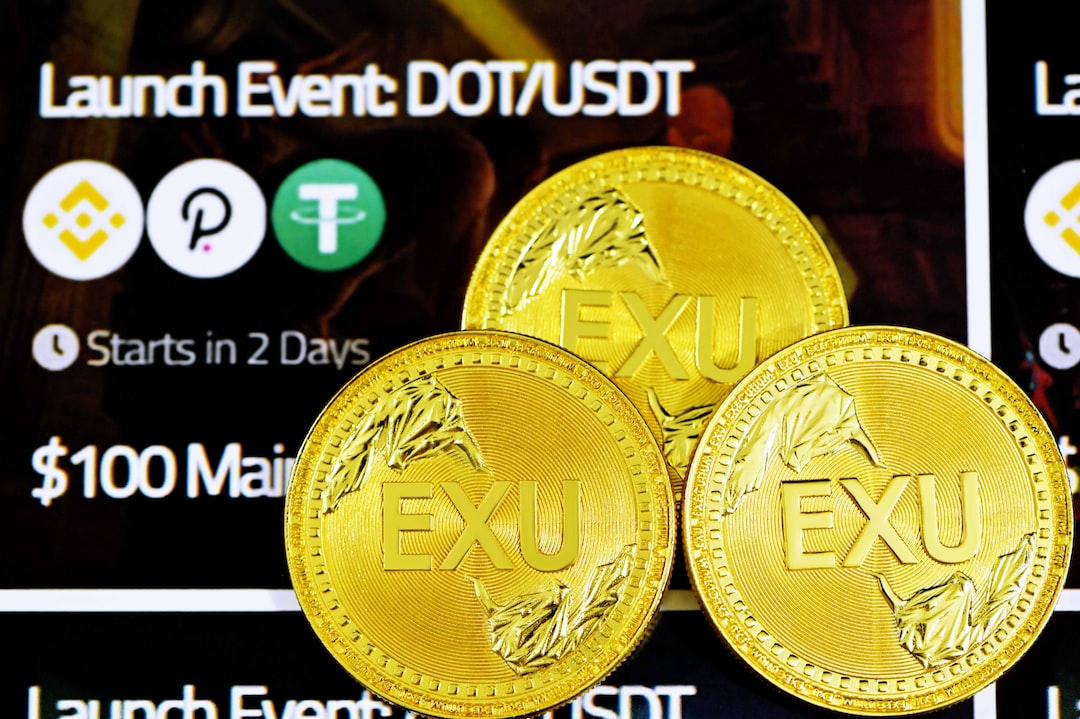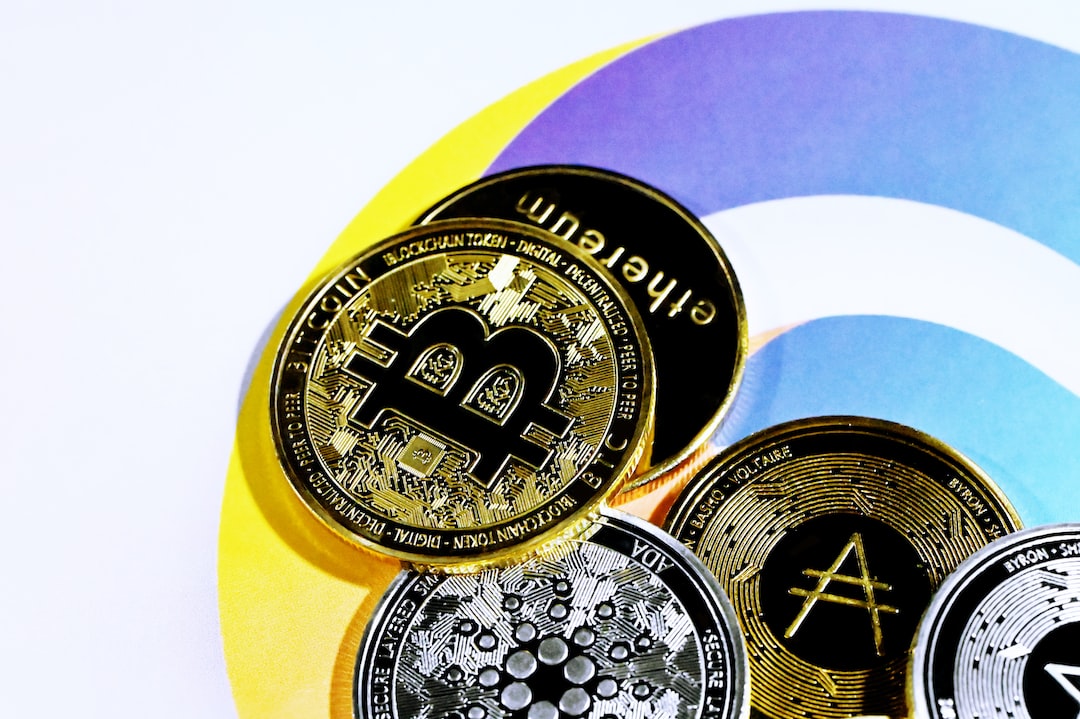Ethereum (ETH) Gas Fees Surge, Driving Users to Seek Alternatives
Over the past month, Ethereum gas fees have seen a consistent increase, prompting developers, investors, and cryptocurrency users to explore alternative layer-1 blockchain options. The average gas fees on Ethereum rose from $1.5 on October 15 to the last recorded average of $6.35 on November 17. On a single day, users paid $6.9 million in ETH gas fees.
BNB Chain (BNB)
One alternative is BNB Chain (BNB), a layer-1 blockchain created by the cryptocurrency exchange Binance. BNB’s price has increased by 14.66% in the last month since Ethereum gas fees started rising. Binance Smart Chain, known for its low transaction fees and fast confirmation times, operates in parallel with Binance Chain but adds smart contract functionality.
Solana (SOL)
Solana (SOL) is another top pick for more efficient gas fees. Its native token, SOL, has gained attention for its high throughput and low transaction costs. Solana uses a unique consensus mechanism called Proof of History (PoH) to improve scalability and reduce transaction confirmation times.
Cardano (ADA)
Cardano (ADA) is the third pick among the “Ethereum killers.” The native token ADA has seen gains of 46% in the last 30 days. However, other factors such as security, scalability, decentralization, and adoption must be considered when evaluating each of these projects.
Hot Take: Is There Hope for Ethereum Alternatives?
While these layer-1 blockchains offer more efficient alternatives for gas fees and network scalability, there are no guarantees that they will be able to conquer any meaningful share of Ethereum’s capitalization and total value locked on DeFi. Nonetheless, they present compelling options for those seeking alternatives to Ethereum’s high gas fees.





 By
By
 By
By

 By
By

 By
By